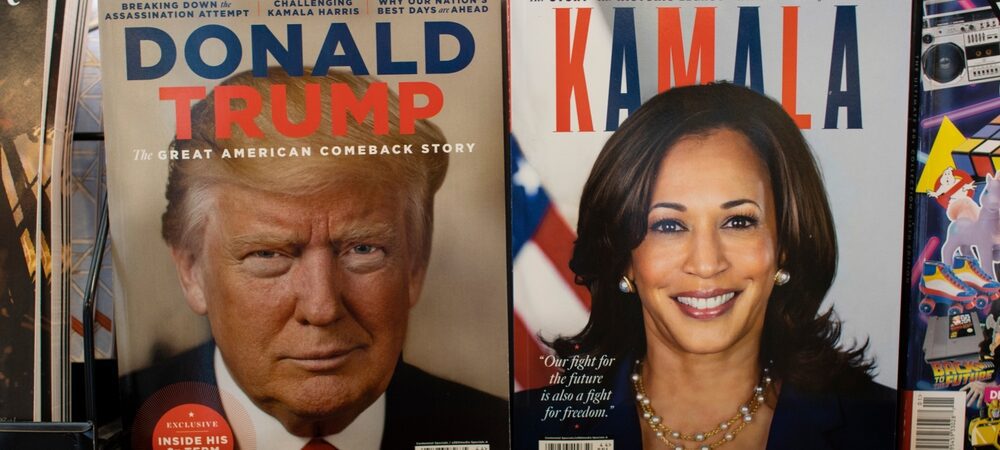This paper explores potential trade policy directions for the United States under either a second Trump administration or a Harris Presidency. Under Trump, trade policy would likely be more aggressive, centred on tariffs, isolationism, and protectionism. Trump views trade as a zero sum game and would likely escalate measures against China and allies like the EU to reduce the US trade deficit. His administration would prioritise domestic manufacturing and autarky, viewing trade as a national security and geopolitical leverage tool.
In contrast, Kamala Harris is not expected to prioritise trade, at least in the early part of her Presidency. Her approach would largely continue the Biden administration’s “worker-centric” trade policies, emphasising sustainable and fair trade practices, with a focus on human rights, labour, and environmental standards. Harris would likely pursue strategic partnerships and multilateral frameworks, though she would also be willing to use tariffs selectively, particularly against China, to safeguard American jobs and industries, thus also not complying with multilateral rules.
Both candidates share concerns over avoiding China to become the new superpower and protecting the US economy, although Trump would likely pursue a more radical decoupling strategy. Neither administration is expected to prioritise free trade agreements, and multilateral engagement, especially with the World Trade Organisation (WTO), would be deprioritised under both candidates.
The European Union (EU) must prepare for an increasingly inward-looking US trade policy, regardless of the outcome. Under Trump, EU-US relations would likely face heightened tensions, with tariffs, trade disputes and a reshuffling of value chains significantly affecting EU exports and economic growth. A Harris Presidency would offer more stability, but EU-US relations may still be marked by cautious cooperation, particularly in addressing global trade challenges posed by China.
Key recommendations for the EU include balancing short-term and long-term priorities: deepening the EU cohesion allowing it to respond to unilateral aggressive initiatives, while deepening transatlantic cooperation through platforms like the Trade and Technology Council (TTC), strengthening ties with like-minded democracies, and adopting a unified approach to counterbalance US pressure. The EU should also continue its leadership in modernising global trade rules through the WTO.
Harris vs. Trump on Trade Policy: The Good, the Bad, or Just Ugly?To read the policy paper as it was published on the Jacques Delors Institute webpage, click here.
To read the full policy paper, click here.

